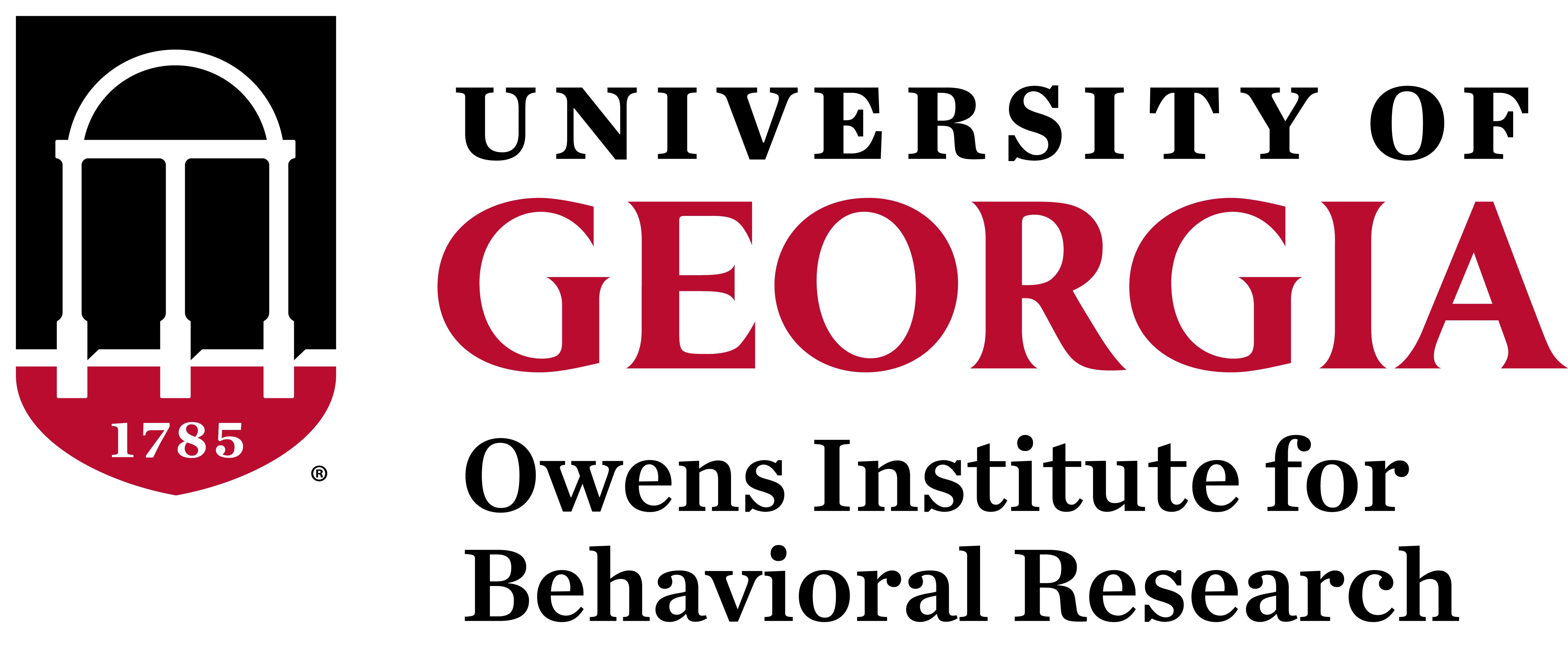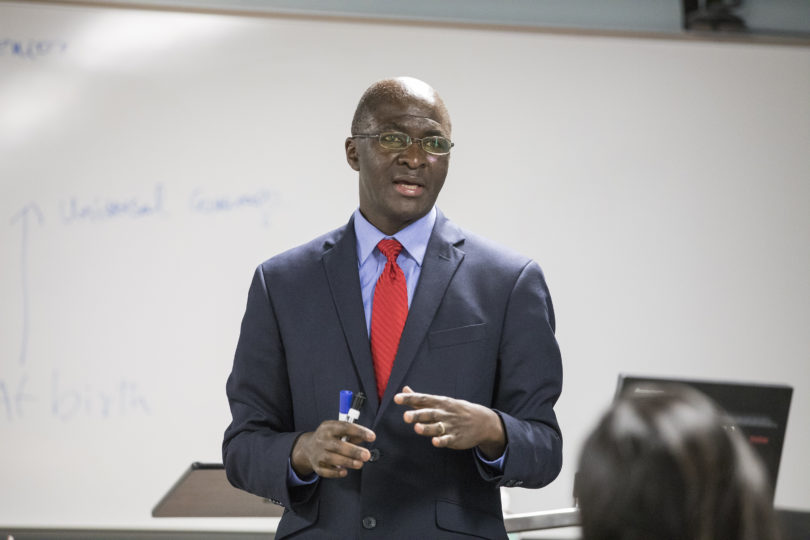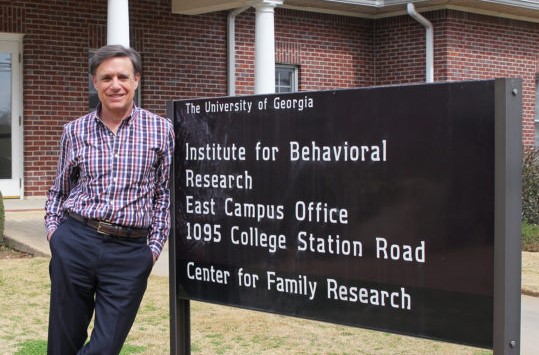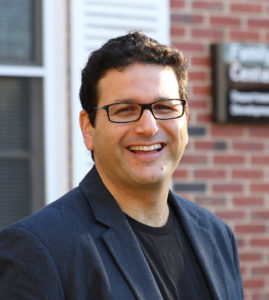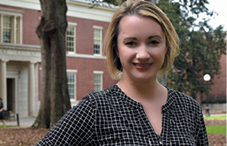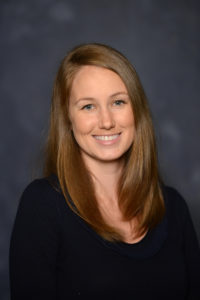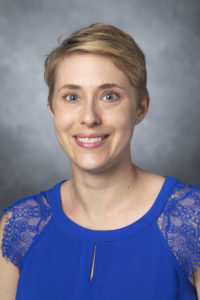Congratulations to the Owens Institute Fellows and Affiliates who have been awarded funds through the second round of Presidential Interdisciplinary Seed Grants.
The winning proposals and faculty teams are:
- Overcoming Physical Distances with the Virtual Family Room: Virtual and Augmented Reality Communication Platforms for Deployed Military Families
Sun Joo “Grace” Ahn (OIBR Fellow; Primary Investigator; Grady College of Journalism and Mass Communication), Kyle Johnson (College of Engineering), Catherine O’Neal (OIBR Fellow; College of Family and Consumer Sciences) and Dawn Robinson (OIBR Fellow; Franklin College of Arts and Sciences).
- Creating a Healthier Georgia through Diabetes Prevention
Alison Berg (Primary Investigator) and Joan Koonce (College of Family and Consumer Sciences) and Ellen Evans (OIBR Affiliate; College of Education).
- Building a National Center of Excellence for Nature-Based Infrastructure Solutions
Brian Bledsoe (Primary Investigator; College of Engineering), Jon Calabria and Brian Orland (OIBR Affiliate; College of Environment and Design), Susana Ferreira and Craig Landry (College of Agricultural and Environmental Sciences), Rhett Jackson and Nathan Nibbelink (OIBR Fellow; Warnell School of Forestry and Natural Resources), Shana Jones (Carl Vinson Institute of Government), Don Nelson and Marshall Shepherd (Franklin College of Arts and Sciences), Scott Pippin and Mark Risse (Marine Extension and Georgia Sea Grant), Amy Rosemond (Odum School of Ecology) and Meredith Welch-Divine (Graduate School).
- Establishing a New Animal Model to Assess Influenza-Tuberculosis Co-Infection and Vaccination
Fred Quinn (Primary Investigator), Steve Divers, Ankita Garg, Tuhina Gupta, Russ Karls, Balazs Rada, Ted Ross and Kaori Sakamoto (College of Veterinary Medicine); Steve Harvey (Office of Research); Shannon Quinn (OIBR Affiliate; Franklin College of Arts and Sciences); Christopher Whalen (OIBR Affiliate; College of Public Health) and external collaborators.
- Impact of the School and Surrounding Environment on Implementation of Georgia’s Statewide Childhood Obesity Policy
Janani Thapa (Primary Investigator), Marsha Davis, Jennifer Gay (OIBR GDP), Justin Ingles and Donglan “Stacy” Zhang (College of Public Health); Lan Mu (Franklin College of Arts and Sciences); Michael Schmidt (College of Education); Chen Zhen (College of Agricultural and Environmental Sciences) and external collaborators.
These seed grants will facilitate research projects spanning 15 colleges, schools and other units at UGA. The work enabled by these grants will support subsequent applications for external funding.
Read more about the Presidential Interdisciplinary Seed Grant program.
